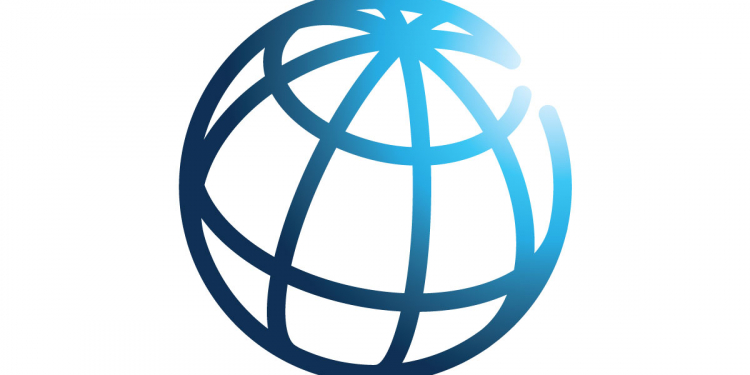The FINANCIAL — Latin America and Caribbean is the region hardest hit by the COVID-19 Pandemic, casting a spotlight on the need to protect the population while putting economies back on track. This will require a combination of public health measures and economic management, according to a new World Bank Report.
The economies of the region are suffering from lower foreign demand, increased economic uncertainty, a collapse of tourism and the consequences of months under lockdown to try to contain the spread of the disease. With the pandemic expected to continue for an extended period, health care systems should consider reforms to improve effectiveness and reduce the costs borne by governments and individuals, according to The Cost of Staying Healthy. In addition, governments will need to find paths back to fiscal consolidation after this necessary period of high spending on economic stimulus and emergency social transfers, according to the report.
“Our region is suffering the worst economic and health impacts of COVID-19 of anywhere in the world, which calls for clarity on how to combat the pandemic and put the economies back on track for a swift recovery,” said Carlos Felipe Jaramillo, World Bank Vice President for the Latin America and the Caribbean Region. “We need to rethink the future to build back better.”
Because of the pandemic, Gross Domestic Product (GDP) in the Latin America and Caribbean region (excluding Venezuela) is expected to decline 7.9% in 2020. A return to growth of 4.0% is expected in 2021.
The crisis follows several years of disappointing economic growth and limited progress on social indicators and comes right after a wave of social unrest in many countries in the region. In addition, the impact of lockdown measures fell disproportionally on households with informal jobs. This reinforces the need for policies to encourage formalization, but without penalizing much needed job creation. In the meantime, comprehensive social registries would help social transfers reach more of those who live from hand to mouth.
Despite the negative outlook, there are some signs that the impact may be less severe than initially feared. Global trade in goods is returning to pre-crisis levels and commodity prices have held up relatively well. After a sharp initial decline, remittances are generally higher than a year earlier. And few countries have lost access to international financial markets. Economic policies should aim to seize these opportunities.
Importantly, the stimulus packages set up by several governments in the region were often strong, despite the fiscal constraints, and much of the additional resources went to social transfers. The multiplier effect of these transfers on economic activity is significant.
The death toll from the pandemic remains high in many countries in the region, but support for stringent lockdowns is eroding and the fiscal space to support households and firms is increasingly thin. In this context, successful experiences from similar countries that did not suffer disproportionately from Covid-19 should be analyzed and adapted. In parallel, the coverage and quality of health care systems should be improved, and out-of-pocket health expenditures contained.
“Governments should protect the most vulnerable while adjusting health and safety standards across all sectors and activities, particularly schooling, so that the probability of contagion remains low while life goes on,” said Martín Rama, World Bank Chief Economist for the Latin America and the Caribbean region. “Ensuring broad and affordable access to health care is fundamental to facing this challenge.”
The COVID-19 pandemic put the spotlight on fragmented health systems that do not offer quality coverage to the entire population. Out-of-pocket expenditures on health care can be sizeable and are often regressive. Improving health services should be part of the policy response to the crisis.
Pharmaceuticals account for a large part of out-of-pocket health expenditures but their cost varies widely both within and across countries. An efficient public procurement of medicines, including COVID-19 vaccines, will be key to a return to normalcy.
The pharmaceutical sector can boost local scientific capacity and be a key ally in the fight against the pandemic. But it can also put a heavy burden on government budgets and household finances. The report finds that better tender design could reduce government spending on pharmaceuticals in the region by 12 to 15 percent. In addition, keeping down health care costs often depends on local regulatory agencies fostering competition and approving, encouraging and potentially imposing the use of generics.
Finally, while governments have rightly increased spending to face this crisis, public debt levels in the region have risen sharply. Emergency social transfers may still be needed for the time being, but countries will have to find ways back to fiscal balance. Reorienting taxes and government expenditures in a way that supports job creation, service delivery and infrastructure development is needed to put the region back on a path of inclusive and sustainable growth.





























Discussion about this post